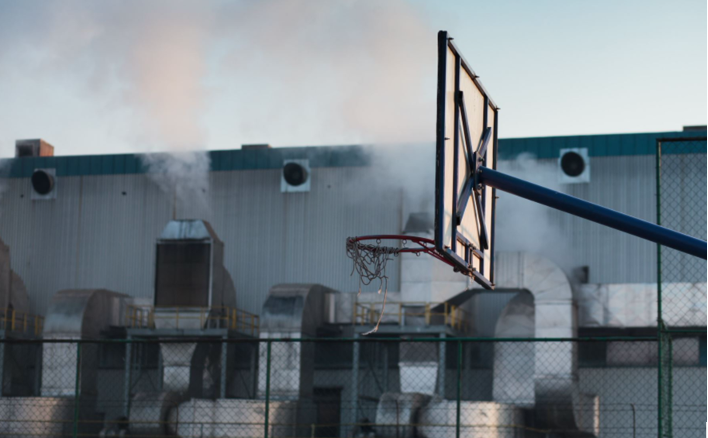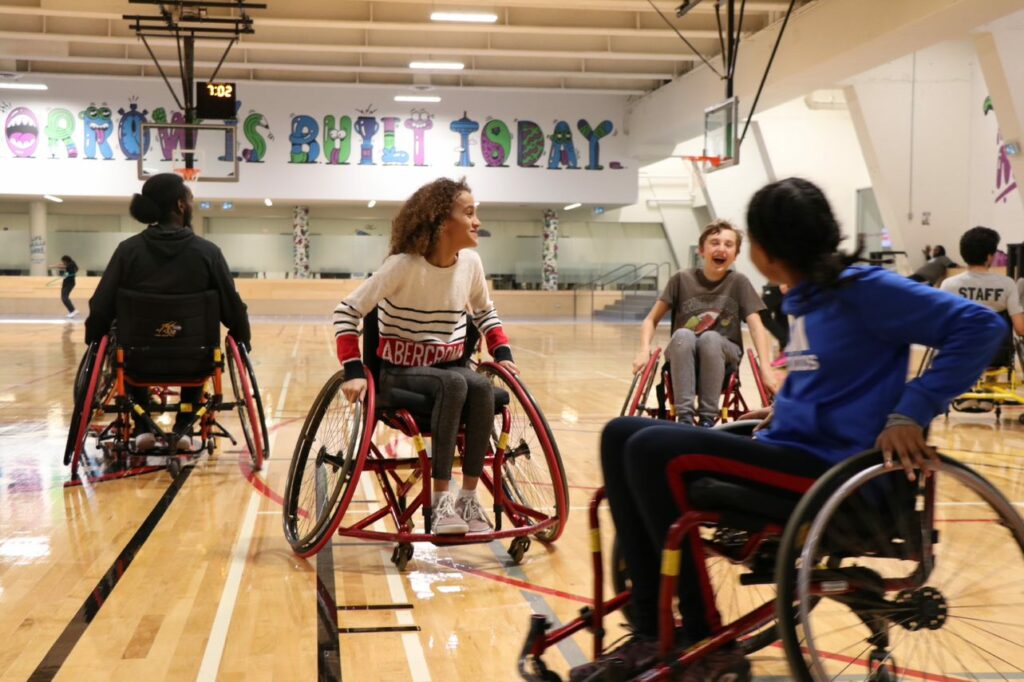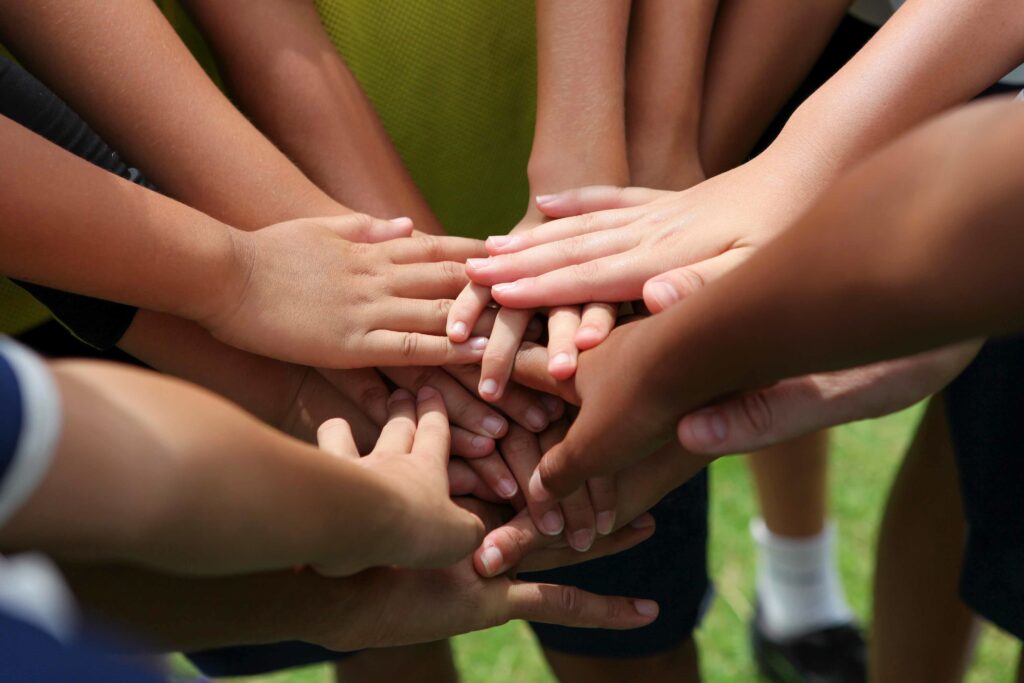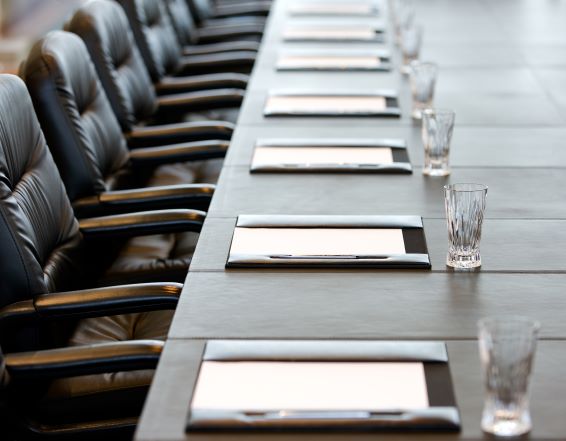Let’s talk about air pollution: Keeping outdoor sport participants safe

In honour of Clean Air Day (June 8), SIRC partnered with Health Canada to present information about air pollution and how it can affect the health and performance of outdoor sport participants. We also highlight the ways coaches, officials and sport organizations can adapt to keep all participants safe during outdoor sporting activities. In recent…
Building teams
Building a successful team involves identifying, selecting and integrating people with complementary skills and characteristics that improve team dynamics. First, identify the skills and characteristics that your team needs. Second, select people with these skills and characteristics, and consider how they fit together as a group. Third, integrate teammates by establishing clear roles and expectations,…
Board governance
While management is about “getting the work done,” governance ensures organizations pursue the right purpose, in the right way, and continuously develop. In any sport organization, the board of directors’ role is to govern the organization. When board members are also on the management team, it can help to divide meetings into 2 parts. One part…
Independence in Safe Sport
The importance of Safe Sport and how it can be further integrated into Canadian Sport is an ever-evolving process for many sport organizations. A key question for many organizations centers on what “independence” means in the context of investigative processes related to Safe Sport. A group of researchers at the University of Toronto led by…
Data for change: Embracing demographics to advance equity in sport

Highlights “You can’t manage what you don’t measure” is a popular saying in leadership circles. However, knowing what to measure to inform change is a craft altogether. To advance equity and inclusion in sport, the “who” of measurement is fundamentally as important as the “what.” Indeed, it’s important to understand the perspectives, realities and lived…
Shaping inclusive sport policy and programs

Highlights Over the past few years, the racism and discrimination brought to light throughout society and within the sport sector have forced a necessary reflection on policies and practices. While the concepts of diversity, equity and inclusion were seeded in government policy many decades ago, the context has evolved significantly. Today, these terms have new…
Gold medal governance: Embracing a steward-leader board

This is the fourth blog post in a series designed to increase sport organizations’ capacity to govern well in an increasingly complex world. Check out the previous posts about the role of the board, strategic foresight and the keys to gold medal governance. — In the first blog that I wrote for the Gold Medal…
Active economy
A region’s active economy includes all organizations and individuals who directly or indirectly contribute to the development and delivery of sport and active recreation experiences. Strategies that maximize the impact of an active economy can drive economic growth, employment and the development of skills essential to innovation and economic diversification.
Shared athlete leadership
Whether recognized formally or informally, athletes should occupy leadership roles to support a team’s functioning. Like some NHL teams, improving the number and effectiveness of athlete leaders can enhance team motivation, communication, cohesion and performance. Shared leadership among teammates can be an effective way to increase team dynamics and success.
Recommendations for evaluation
Through evaluation, sport organizations can gain insights and solicit feedback about their programs. Evaluation can also inform decision-making, guide program improvements and build stakeholders’ value and advocacy for programming. In the SIRC blog, discover three recommendations for sport organizations to enhance evaluation: stakeholder engagement, evaluative thinking and sharing data through storytelling.